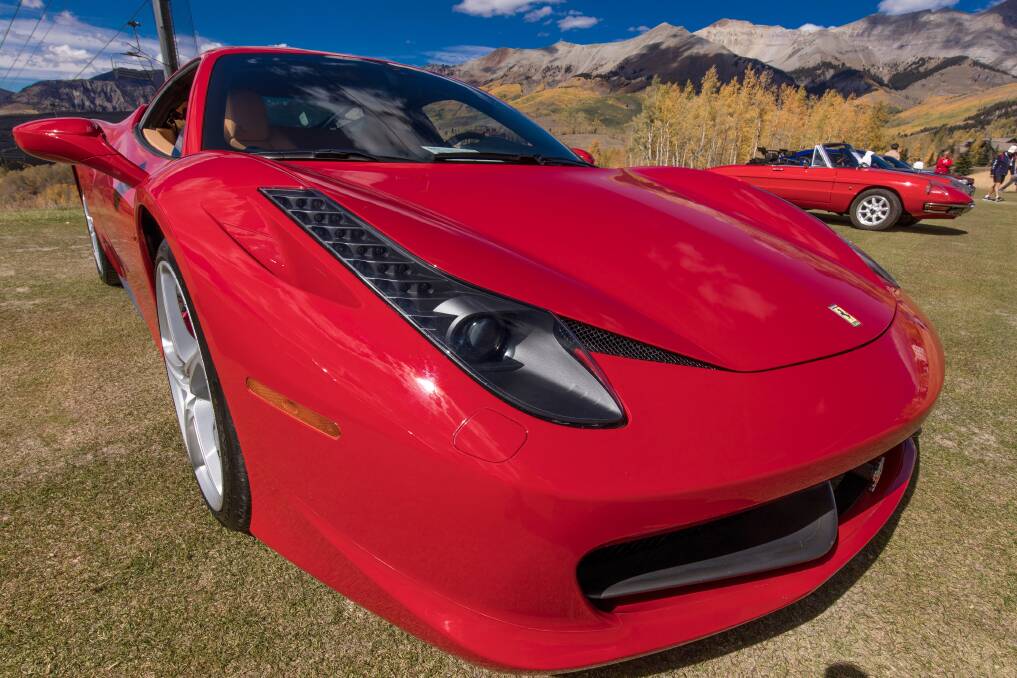
Whatever industry you might be in, if there's one desirable trait when you're intending to invest, it must surely be stability.
You want to know that the things you're investing in won't only be likely to make a good return, if you're a business yourself you also want to know that they won't run the risk of harming the reputation of your brands, and you also want to be pretty sure that the things you're investing in are highly unlikely to become nationalised under any circumstances.
Another desirable trait, for western investors at least, must surely be a low (or at least manageable) level of corruption, which if left unchecked has been the downfall of many entities from business or government to monarchy and empire.
This is why it amazes me that there was still so much investment in, and international reliance on, Russia at the start of 2022.
Now, it's probably prudent to make a distinction between investing in a nation and simply exporting to them. If you're just selling them stuff, and you haven't overcommitted to that one market (ie. you also sell to many others), it shouldn't be that big of a deal to stop, temporarily or otherwise.
Plenty of automotive businesses simply export to Russia, or did, whether it's just a consumable part like tyres or entire new vehicles. However, setting up factories, your own dealerships or other types of infrastructure yourself isn't nearly as low of a risk.
The reason for setting up manufacturing operations in a nation you intend to sell large products to is straightforward enough. Your goal is to avoid import tariffs as much as possible, and generally speaking the tariff on importing components to assemble a product is much lower than it is on importing the finished goods.
As for investment, while plenty of this had been pulled out of Russia immediately after its annexation of Crimea in March 2014 (since which Russia and Ukraine have actually been at war, primarily in the east), plenty more investors and businesses still remained, and plenty of European countries (and their heavy industries) remained completely reliant on Russia for energy, particularly gas.
Even then, I felt it was quite surprising that so many ties with Russia were around at that time, given the known and rather astounding levels of corruption as well as the Kremlin's support of separatist movements in various parts of the former USSR, its agitation of multiple border disputes to prevent several others from being able to join the EU or NATO (ever heard of Transnistria?), and its military support at the request of leaders who were facing mounting civil unrest and descent from their own populations.
Even now it wasn't necessarily sanctions or a sense of social responsibility or a political stance or even an inkling of caution that caused some entities to cease operations in Russia, at least for the time being.
In mid-March Yale University in the USA published a list of 400 companies who remained trading in Russia, after which many more grew a sense of self-preservation (to their reputations) and ceased operations. Yale then updated that list to a rating of the operations of companies still in Russia.
Some argued they were providing essentials, and some of them were such as food and medicine. But others weren't, and they instead argued they were supporting their workforce, but if we believed that then unions would never have been invented.
As for car makers, we have two distinct ends of the spectrum. At one end, Ferrari announced early in March they were withdrawing from Russia and donating 1 million euros to humanitarian aid for Ukraine, while Renault only ceased operations for a short time due to supply shortages.
Groupe Renault's biggest shareholder is the French government, plus the group has a sizeable cross-ownership with Nissan, and they are the majority owner of AvtoVAZ (Lada). As such they have the most to lose in Russia, but perhaps that ownership by the French government makes them feel less vulnerable to public opinion.

